In Friday’s Sermon held at the Imam Hussain Shrine on October 11, 2019, sheikh Abdul-Mehdi Elkerbela’i read out a statement issued by the office of the Shia Muslim Supreme Religious Authority, sayyid Ali EsSistani.
Elkerbela’i said, “I am going to read out to you the statement that we have received from the office of His Eminence—sayyid Ali EsSistani—(long may he live).”
He continued, reading out the statement:
In the previous Friday’s sermon, the Shia Muslim Supreme Religious Authority emphasized his condemnation and rejection of the attacks on peaceful protestors and many members of the security forces during protests across the country a week before. He also condemned the arson attacks and damages caused to State institutions and private properties. He expressed hopefulness that everyone should realize the perilous repercussions of the use of violence and counter-violence during the ongoing protest movement in order to avoid that in all circumstances.
But what happened in the following days were an unprecedented escalation of acts of violence, targeting more protestors by opening fire on them, and blatant acts of aggression against some media outlets to prevent them from covering the happenings in the protest areas.
At the same time, official sides declared that they had issued strict commands to the security forces to never shoot protestors with live bullets, but thousands of protestors were killed and wounded in Baghdad, Nasseriya, Diwaniyah, and other cities—they were shot in public; painful scenes observed portrayed unimaginable cruelty and crossing all lines.
The government and its security forces are accountable for the blood shed during the previous days’ protests—those who were killed whether protestors or members of the security forces tasked with dealing with the protests. The government and its security agencies can never disavow this tremendous responsibility.
The government is accountable when some members of the security forces use excessive violence against protestors, even if they are undisciplined, don't comply with the commands issued to them, are unqualified or not trained enough to deal with the protests and prevent casualties among protestors.
The government is accountable when members of its security forces don’t protect the civilians, State institutions, and private properties from attacks launched by a few infiltrators—those who don’t want the protests to remain peaceful.
The Supreme Religious Authority strongly condemns what happened—such as shedding innocent people’s blood and all serious attacks—and expresses his sympathy for the families of the martyred and wounded, emphasizes his solidarity with the peaceful protestors and supports their legitimate demands, as he had done during the previous years’ protests.
The Supreme Religious Authority demands that the government and the judiciary undertake a creditable investigation into everything happened in the protest areas and then disclose to the public opinion the individuals who gave commands or opened fire on the protestors or other people, without further delay to arrest them and bring them to justice, regardless of their affiliations or their positions. And that must be carried out within a certain period—within two weeks, for instance. No procrastination, as happened with the announcement of the investigative committees’ findings on previous cases.
This is the most important and urgent measure at the present time—it’s going to demonstrate how serious and well-intended the government is in terms of taking large steps for reform. No reform project can be initiated to combat financial and administrative corruption and achieve a level of justice without the imposition of the government’s sovereignty, policing security according to its legal contexts, preserving the public and private freedoms—guaranteed by the Iraqi constitution—, and putting an end to those who threaten, kill, kidnap, and snipe at people; those who are immune from prosecution.
The Supreme Religious Authority has no interest or connection to any political party, never sides with anyone but the Iraqi people, never defends anyone’s interests but the Iraqi people’s, and re-emphasizes what he had stated in April 2006—when the government was being formed; after the first parliamentary elections—that he would never support any party that might impair the public interests of the Iraqi people, observe the government’s performance, and point out the kinks when necessary. He joins his voice to the voices of the oppressed and deprived of this (Iraqi) people, wherever they are and without discriminating between them based on their affiliations, religions, or races. And there is neither might nor power but that of God—the most Supreme, the Greatest.
Editing: Wela’ EsSeffar
Translation: Mohammed Elobaidi



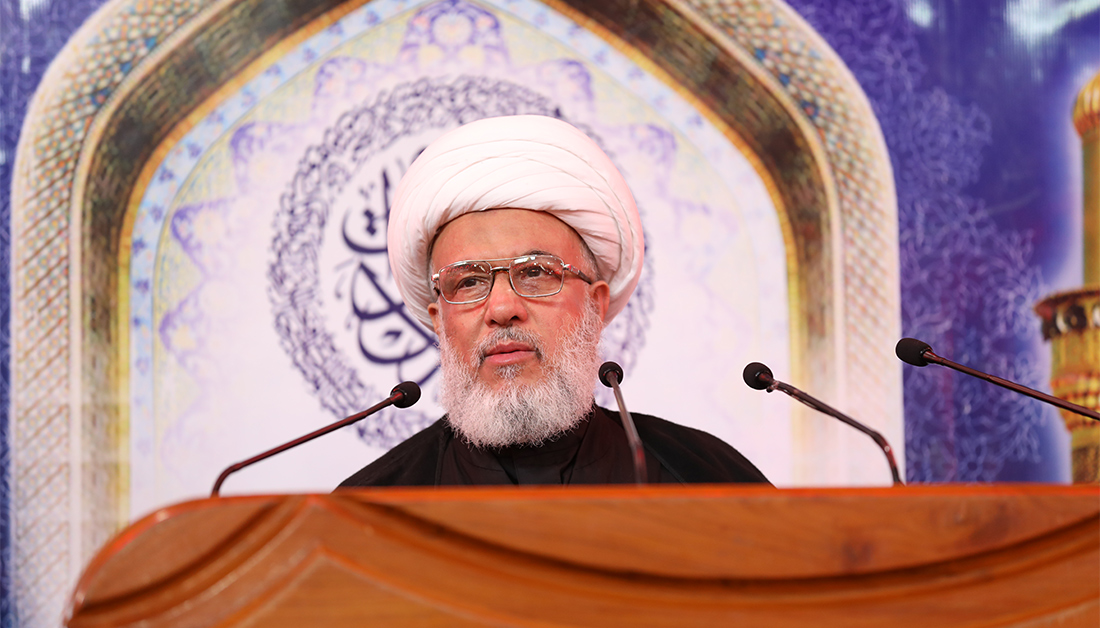
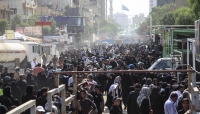
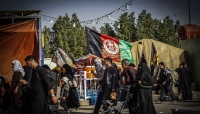
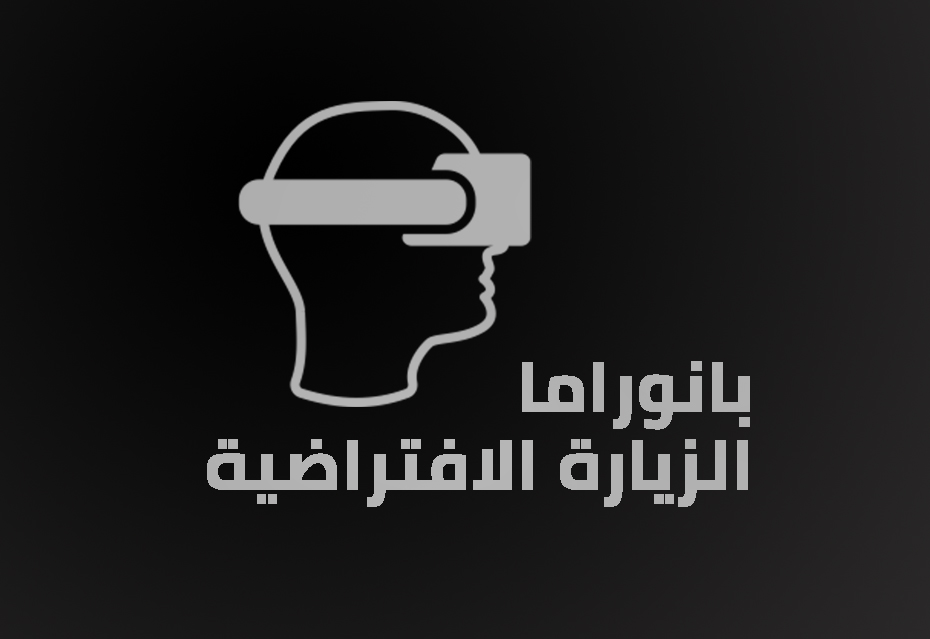
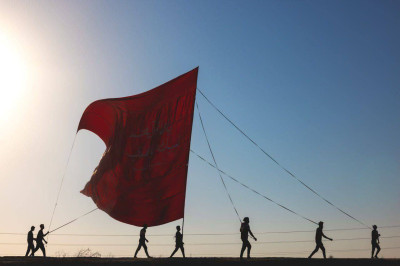
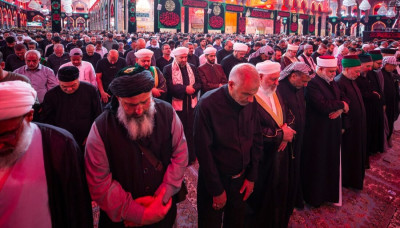
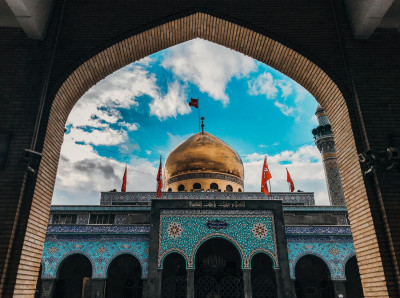
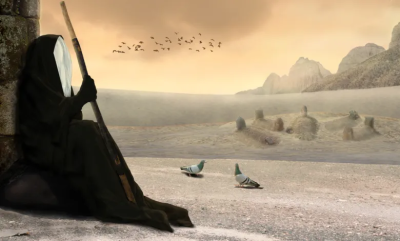
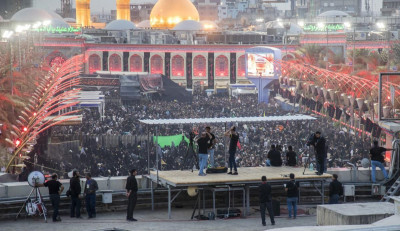
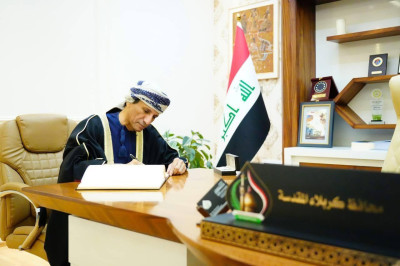
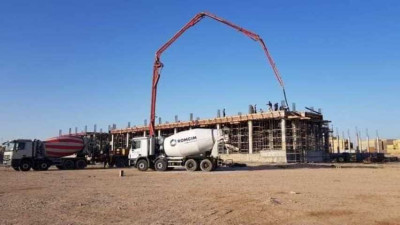
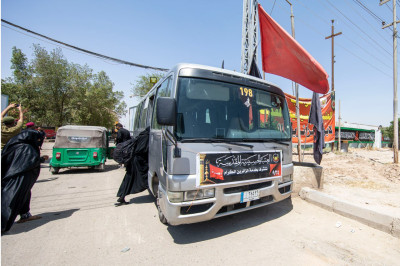

اترك تعليق